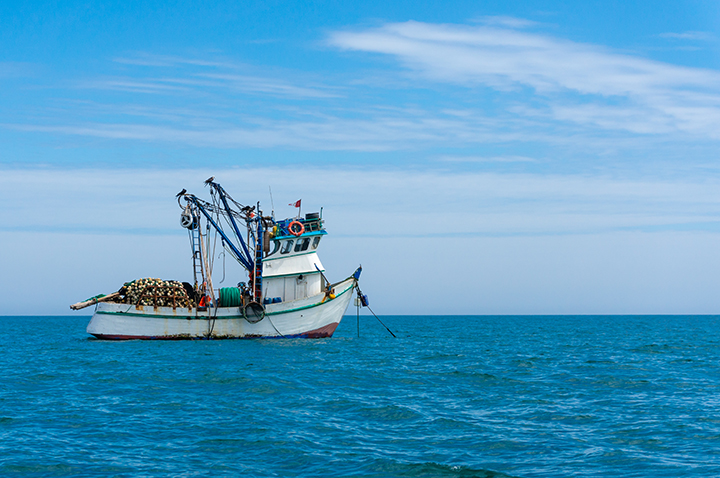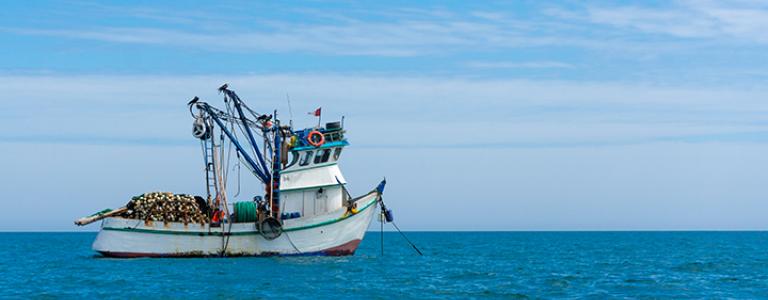WTO Negotiations on Fisheries Subsidies: Implications for Latin America
The overarching objective of the regional workshop is to support World Trade Organization (WTO) members from the region as they seek to fulfill the commitment made in December 2017 to successfully negotiate new fisheries subsidies disciplines by December 2019.
Specifically, the workshop will assemble policy-makers from across the region and experts for an in-depth discussion of WTO fisheries subsidies negotiations. In particular, the workshop is designed to help Latin American countries answer the following three fundamental questions:
- What is the reality of global, and specifically Latin American, fisheries and relevant subsidy policies?
- How could WTO rules on fisheries subsidies have an impact on subsidy policies and fisheries in Latin America, and what are the potential implications for local reform efforts?
- How can an agreement best be designed to reflect the interests of Latin American countries and help support local reform efforts?
The workshop will address these questions by providing delegations with the input of experts and presenting new pieces of research, including a draft case study on shrimp fisheries off the Pacific coast of Latin America. The event will also provide government officials with an opportunity to discuss key questions in WTO negotiations on fisheries subsidies in a regional and non-negotiating setting.

Additional downloads
Upcoming events
Building Bridges: The State of Nature-Based Investments
Join us for a panel at the Building Bridges conference in Geneva, Switzerland, to discuss the state-of-play of nature-based investments and the potential opportunities they present.
Through Her Lens: Women leading change in sustainable agriculture and market inclusion
Despite the critical role that women play in agricultural production, they still do not have equal access to global agricultural supply chains on terms that benefit them.
A Municipal Perspective on the Value of Natural Infrastructure
This webinar will showcase examples the cost-effectiveness of natural infrastructure from a municipal perspective. Focusing on what municipalities need—what evidence and numbers they rely on, and what tools and planning processes are required to ensure that natural infrastructure is assessed alongside traditional infrastructure for cost-effectiveness.
